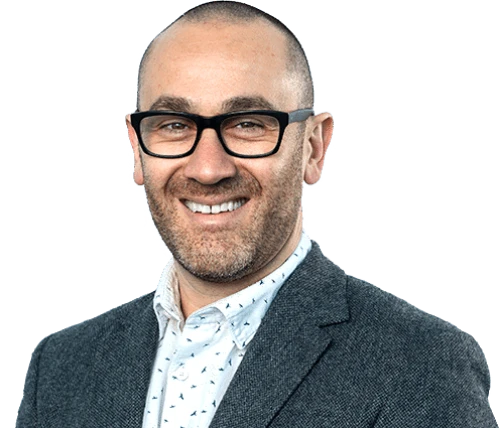Idea In Brief
Attraction and retention
Healthcare organisations need to invest in sustainably attracting and retaining healthcare workers. Strategies include incentivising training for rural and regional health professionals, creating better conditions for self-care, improving rostering, and using permanent staff.
Models of care
Employers should enable different ways of working and innovative models of care. Strategies include using GPs across the health system, developing service planning embedded at the coalface, employing health professional students, and developing alternative workforce models.
Better paradigms
Decision-makers should empower professionals and communities to embrace better paradigms of healthcare. Strategies include investing more in home-based care and educate the community about the benefits, and using community-led models for Indigenous health services.
“The true creator is necessity, who is the mother of our inventions.” – Plato
The wisdom of Plato has resonated these past two years. Our health workforce – central in this pandemic – is in critical condition. This is a golden opportunity for change.
The problems are manifesting themselves in many ways. Employers are having difficulty recruiting health professionals from at home and abroad. Staff are feeling burned out from the unrelenting pressure and are leaving the profession in frustration and despair. Most importantly, patients are experiencing poorer health outcomes flowing from the limitations of overstretched and tired health workers caring for them.
This is indeed a wicked problem.
We must assume the pandemic is here for some time yet, so we need long-term solutions to the workforce crisis that reflect the ongoing circumstances.
The problem is not new. Many employers and governments in Australia have tried strategies to build the workforce, including the Australian Government’s National Medical Workforce Strategy 2021-2031 and many other initiatives focusing on regional and rural shortages.
Unfortunately, many approaches have been piecemeal, have been met with resistance from advocacy groups and act as band-aids rather than attending to the bleeding wound. A new approach is essential.
Drawing on our experience working with government and healthcare organisations, we have identified 10 elements of the crisis and sketched out potential solutions. The elements and solutions can be grouped under three themes.
We must think outside the box otherwise our staff will crumble, and the health system will crumble with it.
We are seeing the impacts of innovation stagnation
We are seeing the impacts of the health workforce crisis on staff, patients and the wider community. Governments, administrators and employers are trying to fix the problem, but a radical approach and brave system reform is needed. Advocacy groups need to focus on staff and patient outcomes, rather than membership priorities.
Frontline staff have great ideas for change; we should listen to them. It will take courage to try new models, but that courage needs to be mustered otherwise the health system will be in grave danger.
In paying homage to Plato, Rabbi Jonathan Sacks said “Hope, even more than necessity, is the mother of invention.” This sentiment rings true.
Get in touch to discuss how we can help you to combat workforce challenges.
Connect with Dr Paul Eleftheriou on LinkedIn.
Prepared with input and support from Rodger Paul and Jack Marozzi.


